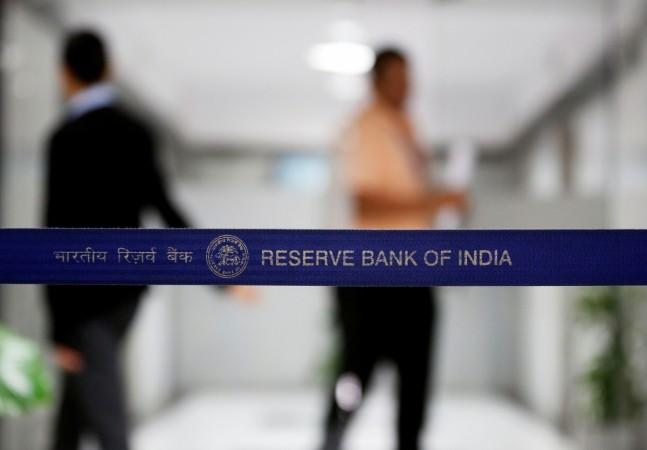
The Monetary Policy Committee (MPC) — the panel within the Reserve Bank of India (RBI) that decides on the monthly rate cuts that determine the interest rates of loans across sectors — is deeply divided on what kind of change there should be in the key lending rates.
This was evident from the minutes of the MPC meeting held on October 3-4 that kept the key interest rates unchanged.
The minutes of that meeting, where it was decided that the repo rate would remain at 6 percent and reverse repo rate at 5.75 percent, were released on Wednesday.
The rift within the MPC has created further doubts over the RBI's move when the panel reconvenes on December 5-6 to decide on these rates once again.
One-sided vote belies divide
The decision at the October 3-4 meeting to keep the key interest rates unchanged was taken as a result of five of the six members of the panel voting in favour of it.
The sole person who voted against it was Ravindra Dholakia. The IIM-A professor had "strongly" pleaded for "at least a 25 basis points (bps) cut in the policy rate."
He had hedged his argument on the fact that the RBI's "inflationary expectations" had "fallen over the last year sharply by 340 bps when the policy rate fell by only 50 bps" — basically a slowing inflation rate as compared to the rate cuts over the same period.
All the others had voted for a status quo on the rates, using various arguments that hedged primarily on the inflation rates over the previous months — which had steadied at 3.3 percent in September as compared to an RBI guidance of 4.2-4.6 percent in the October-March period and well bellow the central bank's target of 4 percent.
Other factors that influenced the decision included the Purchasing Managers' Index (PMI), and a smattering on rationale drawn from aspects like the Goods and Services Tax and growth in various sections of society.
However, RBI Executive Director Michael Debabrata Patra swayed towards a possible hike in the interest rates. Although he voted to keep the rates unchanged, he concluded in his statement: "It is time to be in readiness to raise the policy rate to quell the underlying drivers of inflation if they strengthen further."
![[Representational image] Rupee](https://data1.ibtimes.co.in/en/full/655848/rupee.jpg?h=450&l=50&t=40)
Observers wary
The deep divide within the MPC has observers on a wary stance. Bloomberg quoted Morgan Stanley economists writing in a report about the MPC meeting: "The minutes revealed an intense debate on the growth and inflation outlook and appropriate policy response -- but did not suggest a bias towards easing."
Meanwhile, a PTI report quoted Kotak Economic Research as saying: "The minutes of the October MPC meeting reinstated the cautious approach of most members as inflation is likely to inch upwards."
It added: "With RBI fixated on the 4 percent target on a durable basis, and with plausible case of fiscal slippage, it looks less convincing for a policy easing in the near term, unless data surprises on the downside significantly."















